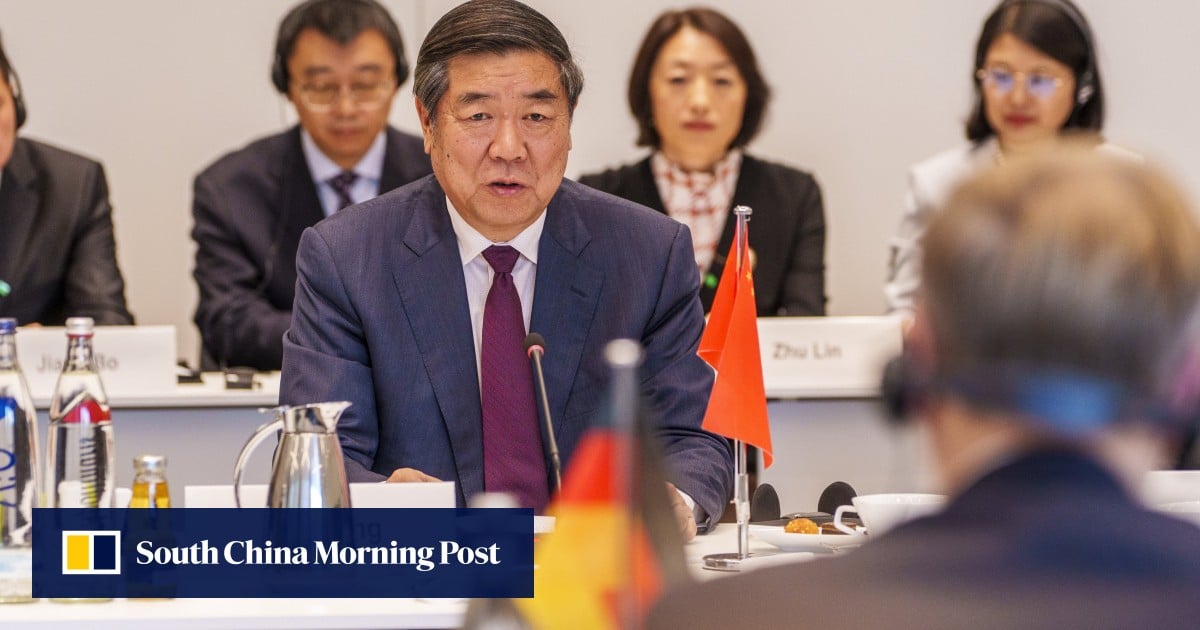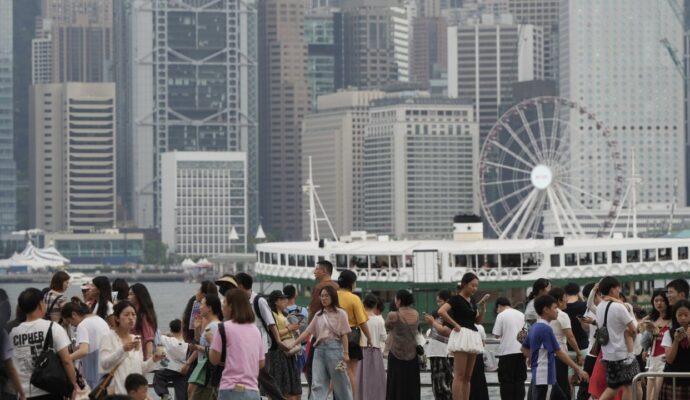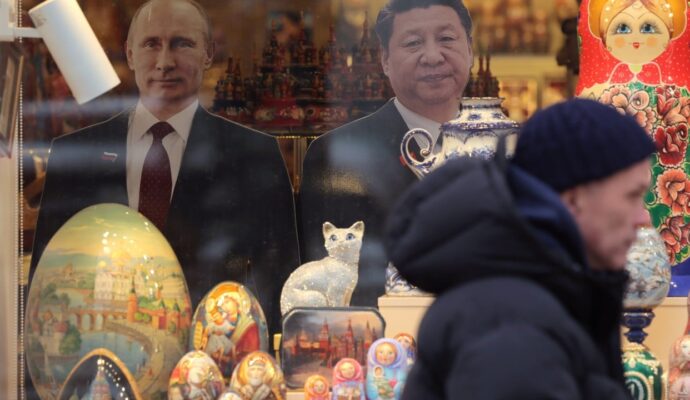
He Lifeng, one of President Xi Jinping’s top aides, has taken over a key economic policymaking position amid a gradual transition of power from predecessor Liu He, although analysts do not expect any significant near-term policy changes.
The 68-year-old He, who was promoted to vice-premier in March, has been confirmed as the office director of the Central Financial and Economic Affairs Commission, one of the powerful party organisations headed by Xi to manage the world’s second-largest economy.
Economic authority seems to be gradually transitioning from Liu to He, which would make sense given Liu’s age
It was disclosed when the official Xinhua News Agency reported He’s meeting on financial and economic affairs with Emmanuel Bonne, a top diplomatic adviser to French President Emmanuel Macron, in Beijing on Sunday.
“Economic authority seems to be gradually transitioning from Liu to He, which would make sense given Liu’s age,” said Brock Silvers, managing director of Kaiyuan Capital in Hong Kong.
“Markets, however, shouldn’t expect significant policy changes.”
Chinese authorities would continue their attempts to mitigate the economic slowdown, but, “structural reforms of the sort needed to revive real estate, escape extreme debt levels, or reinvigorate foreign investment likely remain beyond Liu or He’s grasp,” he added.
Departments within the Communist Party seldom reveal their daily operations or personnel arrangements, despite enjoying more political power than government ministries and receiving more market attention.
Personnel changes have continued throughout the year, differing from previous rounds which traditionally occurred in March.
Former economic tsar Liu He still has big seat at the table: sources
Former economic tsar Liu He still has big seat at the table: sources
Lan Foan was named finance minister last week, while Yin Hejun was also named minister of science and technology.
“What issues should be prioritised can be a prominent question for top decision-makers like He,” said Zhu Jiangnan, coordinator of the contemporary China studies programme at the University of Hong Kong, warning of multiple headwinds ahead.
“Cross-sectoral coordination among the top decision-making bodies is also important because many issues are at the intersection of several policy arenas, as China navigates the current sensitive international relations and handles domestic public sentiment,” she said.


